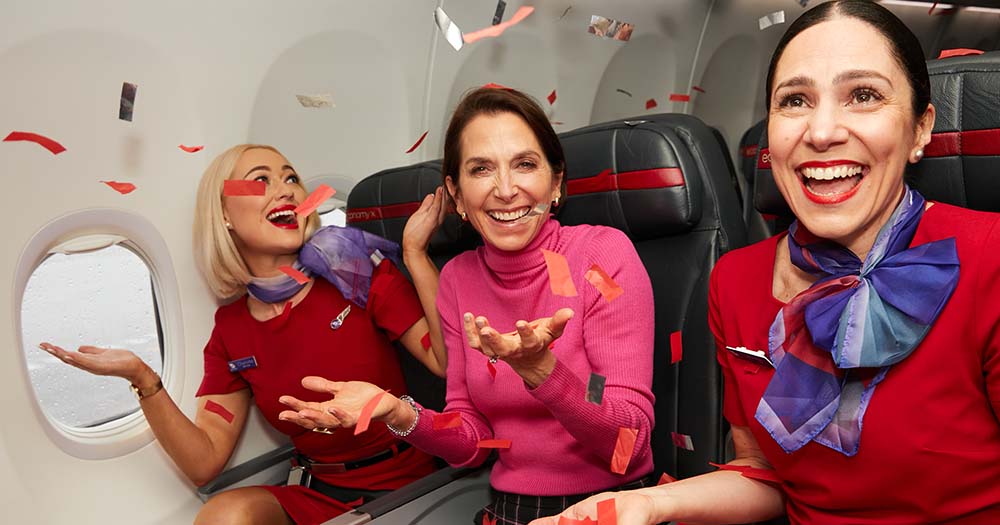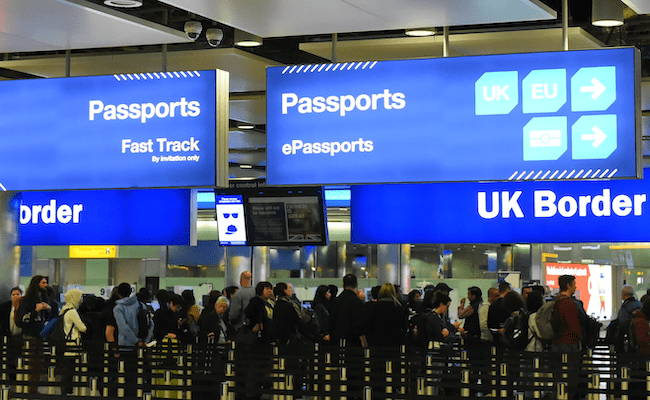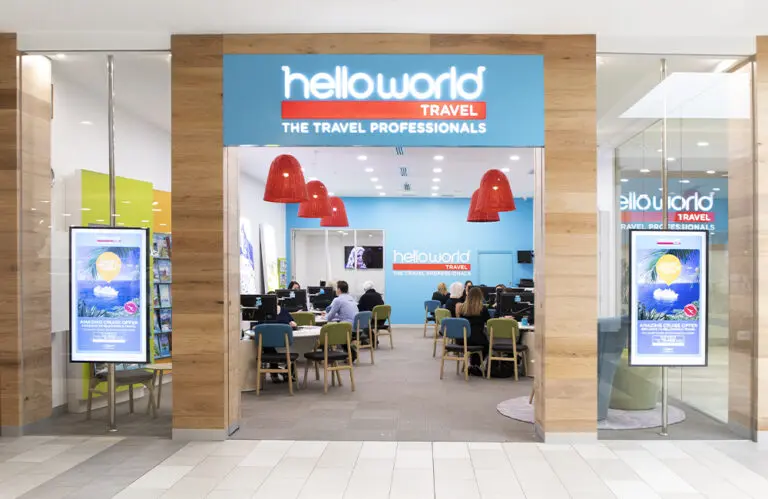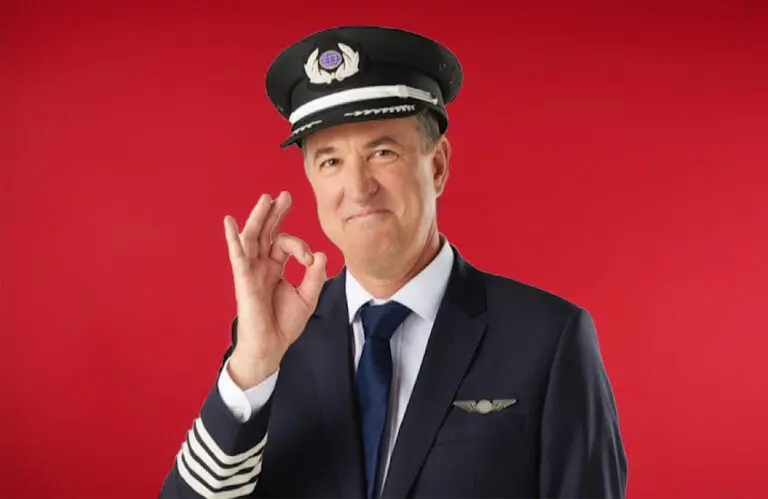Virgin Australia (VA) CEO Jane Hrdlicka provided a comprehensive update on the airline’s strategic direction at The Australia Corporate Travel Summit (ACTS) last week, shedding light on the newly enhanced partnership with Qatar Airways (QR), plans for long-haul operations, and the airline’s transformation post-COVID recovery.
Speaking with Greener Airlines Chair Peter Harbison, Virgin Australia CEO Jane Hrdlicka first faced the burning question on everyone in the audience’s mind: What will Qatar Airways’ 25 per cent minority stake by 2025 in Virgin Australia mean for the Australian travel industry and beyond?
Ms Hrdlicka described the lead-up to the partnership announcement with Qatar Airways as “probably the worst kept secret in the industry” but “very exciting news for the industry,” saying that if approved, the deal will be a significant move that could reshape Virgin Australia’s future.
Indeed, if green-lit, the expanded codeshare deal will see Virgin Australia launch flights from Brisbane, Melbourne, Perth and Sydney to Doha from mid-2025, opening up more than 100 new connections for Aussie travellers to Europe, the Middle East and Africa via Qatar.
Revealing a “five-year wet lease agreement” with Qatar, this setup will also provide aircraft and crew for VA’s long-haul operations. It marks the airline’s return to the broader international market outside of its Brisbane-Queenstown flights—a space it exited after financial woes led to a turbulent period and eventual administration.
“It’s a phenomenal partnership. We’ve learned from the past and will not repeat the same mistakes. Leveraging Qatar’s capacity and deepening our commercial relationship gives us a shot at something special,” Ms Hrdlicka explained.
Read more about Qatar Airways’ stake in Virgin Australia.
Boosting domestic operations through global partnerships
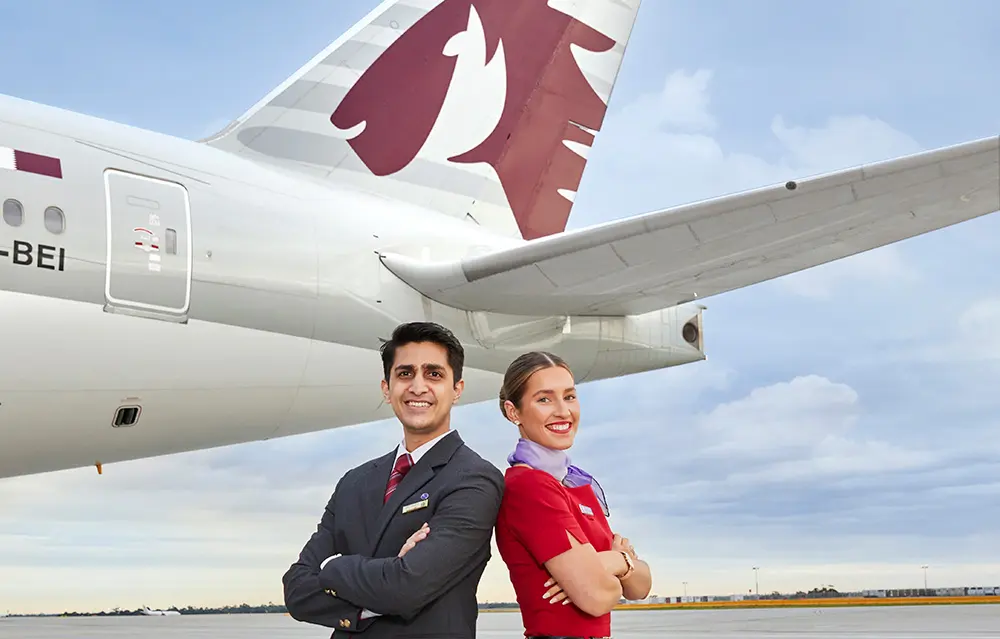
The deal with QR, Ms Hrdlicka conveyed, is about more than just international expansion. It also offers VA access to greater purchasing power and innovations in areas like artificial intelligence and sustainable aviation fuels.
“This partnership gives us scale we previously didn’t have. It enables us to work differently with airports, technology providers, and aircraft manufacturers,” she noted.
When asked about the impact of this partnership on VA’s existing alliances, Ms Hrdlicka clarified that Singapore Airlines remains an important partner. However, code-sharing arrangements with Singapore Airlines for European routes will cease, focusing instead on regional flights within Southeast and North Asia.
VA’s chief also said there would be “No change to ANA (All Nippon Airways) and no change to United.” However, details about VA’s codeshare deal with Etihad, Hawaiian Airlines, Air Canada and its recently ACCC-approved unilateral codeshare with Air New Zealand were not mentioned.
Editor note: There was a reason for Etihad’s exclusion. Since then, Etihad Airways has announced that it will end its codeshare and frequent flyer partnership with Virgin Australia, effective 1 June 2025. Read here for more.
Virgin Australia’s IPO timing and long-term vision
The prospect of going public again with an IPO was also discussed, but Ms Hrdlicka remained non-committal on timing, attributing market volatility and broader economic uncertainties as critical factors.
“We’re always in a position where we’re ready, but the financial markets are unpredictable. We’ve done the groundwork, and when the timing is right, we’ll be prepared,” she remarked.
Ms Hrdlicka also acknowledged that the IPO process would require fresh leadership, which would mean her leaving VA as previously announced. “The last four years have been incredibly intense. A new CEO will likely lead the IPO phase, providing stability and renewed focus,” she said.
A Customer-centric approach: All about value and choice
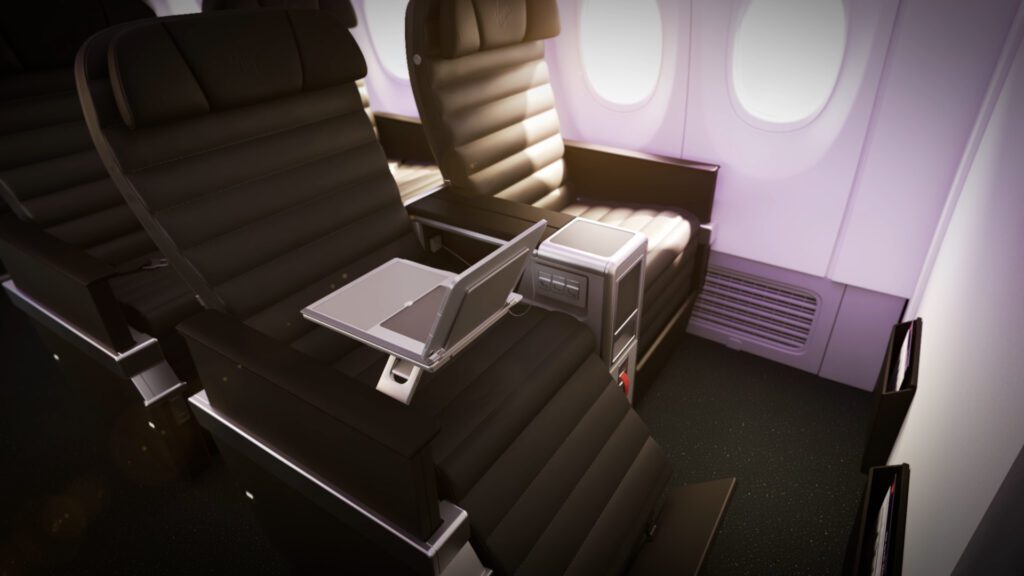
Outlining Virgin’s customer strategy by focusing on value and choice, especially in the competitive corporate travel sector, Ms Hrdlicka said, “We’ve listened all the way through this process, and we’ll continue to listen to corporate travellers and our small, medium-sized business travellers, as well as leisure travellers who travel independently, and that’s key from our standpoint.”
“Are we going to put lounges in every airport in the country? No, we’re not. Are we going to add a whole bunch of bells and whistles onboard the aircraft that serve 10 per cent of our travellers? No, we’re not.”
Instead, says Ms Hrdlicka, VA has positioned itself as a “value carrier,” emphasising a tailored approach rather than a full-service or low-cost model.
“We knew we wouldn’t appeal to every corporate traveller, but we’re focused on those who care about value and choice. Whether it’s Wi-Fi, extra legroom, or power at every seat, we’re listening to what customers want,” she said.
Ms Hrdlicka also highlighted the success of Virgin’s Business Flyer program, which is designed for small and medium-sized businesses and offers benefits like points accrual and flexible fares.
What role does the travel trade play for VA?
In the first instance, Ms Hrdlicka noted that VA needed to be able to retail itself to people who want to book directly with the airline, which is primarily point-to-point domestic for people who don’t need support. “We’re much better at that than we used to be,” she said.
“But we also respect the fact that we need everybody in this room. We need our travel agents to meet our corporate travel partners because there are a whole lot of people in the country who do want to have support.”
“So we listen to you and make sure that we’re not overpaying for your services,” she said. “We look to see what’s happening around the world and what’s happening domestically so that we know that we’re getting value in our relationship with you and that we’re also delivering great value to you so you can sell our services more effectively on our map.
“It’s a balance to strike,” said Ms Hrdlicka, “but it’s no different than our relationships with any of our big partners. It’s all about negotiating what’s fair value in the relationship.”
Transformative changes and workforce growth
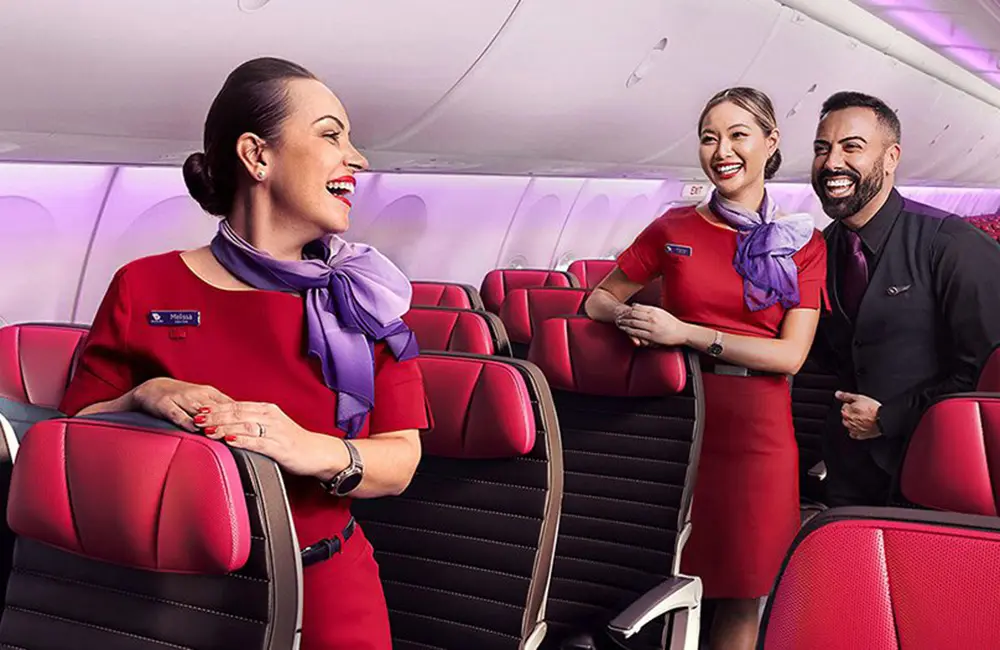
Reflecting on the airline’s remarkable turnaround in recent years, Ms Hrdlicka pointed to the substantial growth in workforce size—from 3,500 employees post-administration to 8,000 today. She credited the dedication of the staff and strategic investments made by Bain Capital, Virgin Australia’s private equity owner, which took on the then-insolvent airline in late 2020 to launch V2.0.
November 17, 2020, officially marked the first day on the job for then-incoming CEO Ms Hrdlicka. “We viewed COVID as an opportunity. With travel demand low, we invested heavily in technology and rebuilt the airline. The result? A strong, competitive position and a team that’s more committed than ever,” she shared.
Ms Hrdlicka also emphasised the importance of technology investments, including new booking systems that streamline processes for travel agents and corporate partners. “We’ve rolled out tools in the last few weeks aimed at helping our travel partners access the best fares and value for their clients,” she added.
Commenting on VA’s strong financial performance since coming back from the (almost) airline graveyard, Ms Hrdlicka noted the airline has had two years of profits, the first time in ten, forecasting that the airline’s profitability will continue to improve based on its current 10.7 per cent margin, only a handful of basis points off Qantas. “We’re feeling really good about where we are and where we’re headed, and we feel good about the things that are in the pipeline and the investments for consumers.”
The road ahead: Competing with Qantas and Jetstar
Acknowledging the challenging market conditions but remaining optimistic, Ms Hrdlicka pointed to the airline’s strong financial performance and robust passenger numbers. The airline now has 33 per cent of Australia’s domestic market share.
Virgin’s strategy also involves a targeted approach to business class and premium economy offerings, which Hrdlicka claims provide better value than the competition.
“What people tell me regularly, especially corporate travellers and small to medium-sized business travellers, is that they love flying in our business class because it’s better value than flying in Qantas business class. They can basically pay the same price that they’re paying for a flexible economy ticket on Qantas, and they’re sitting in our business class product.”
Remarking that VA’s J-Class offering is always fully ticketed and hard to get an upgrade for, Ms Hrdlicka noted, “Our business class is consistently seen as great value. We’re about 30 per cent better value than Qantas, offering a solid product without the unnecessary frills.”
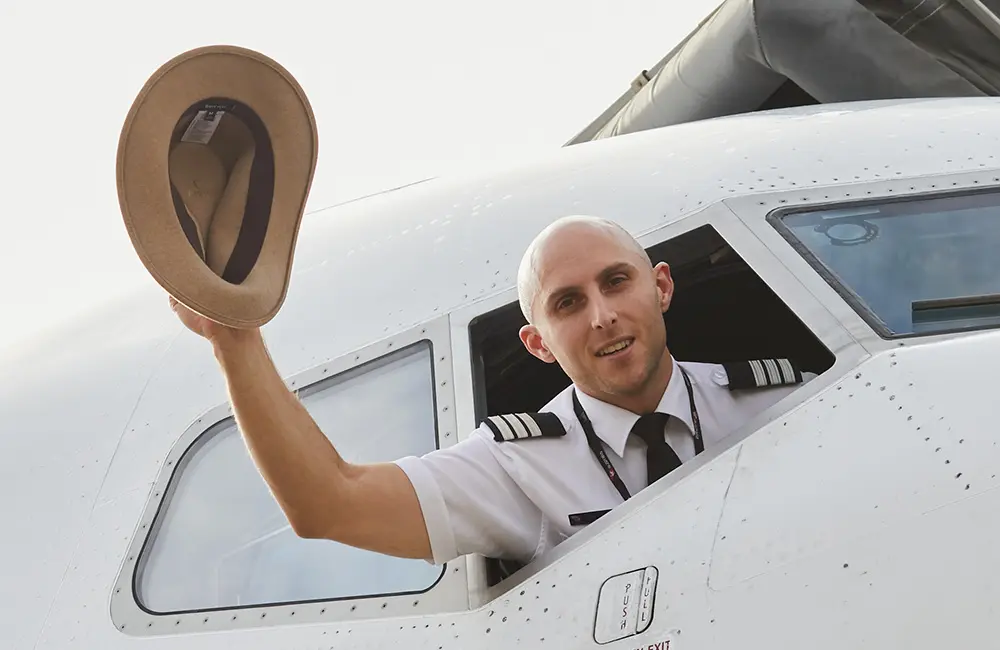
The conversation wrapped up with a personal anecdote. Ms Hrdlicka shared a story about a fellow passenger onboard a recent flight who had injured his foot on his way to visit his terminally ill mother, praising Virgin staff for going above and beyond to assist him.
“That’s what sets us apart. We spot issues and solve them, whether it’s a corporate traveller or someone having a tough day. It’s part of who we are as a company,” she concluded.
Looking to the future, Ms Hrdlicka concluded, “Every day, we’re getting better. Our people love their jobs, our customers feel valued, and that’s what will drive us forward.”
The Australia Corporate Travel Summit (ACTS) featured a sold-out audience of over 460 corporate travel professionals at the Sheraton Grand Sydney Hyde Park.



